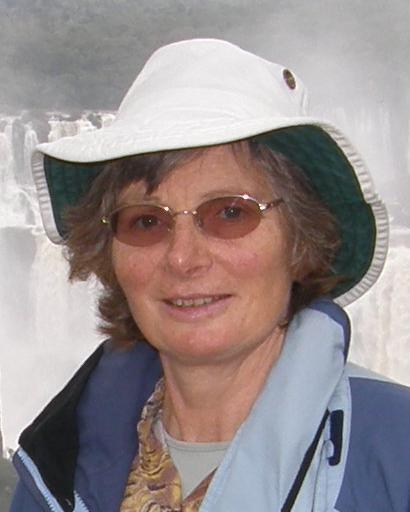New technologies can support both formative assessment (assessment for learning) and summative assessment (assessment of learning) and are increasing the range of possibilities for assessments. Today, students can be assessed through simulations, e-portfolios, or interactive games. Formative assessment can be enabled by on-line peer assessment systems, adaptive feedback from computers, self-assessment, and assessment approaches that combine teacher, peer, and automatic feedback. Aspects of assessment identified as critical for future developments at International Summit Meetings (EDUsummIT 2011 and 2013 http://www.edusummit.nl/), which brought together policymakers, practitioners and researchers, were: student involvement in assessment, digitally-enhanced assessment and assessment involving collaborative learning. The importance of assessment as a learning context was identified as particularly important for 21st century learning. Such assessment is evident in both virtual performance assessment and in technology-supported classroom environments where the experience of the assessment can be a learning engagement.
Drawing on our work with students and teachers over recent years I will examine how assessments can be designed to support learning and learners and the roles that new technologies can play. Our work has shown that developing teachers’ and students’ use of assessment to support learning is challenging but can lead to improved learning gains and self-regulation of learning.

Mary Webb is Senior Lecturer in Information Technology in Education at King’s College London and Chair of IFIP Working Group 3.3 on Research. Mary has developed and researched the use of information technology in learning and teaching and has taught computing, ICT and Science in secondary schools and all subjects in primary schools. Her current research interests include pedagogy for computer science education, pedagogy and professional development of teachers in the use of ICT; computer based modelling and formative assessment. She is co-author of ICT inside the Black Box.
